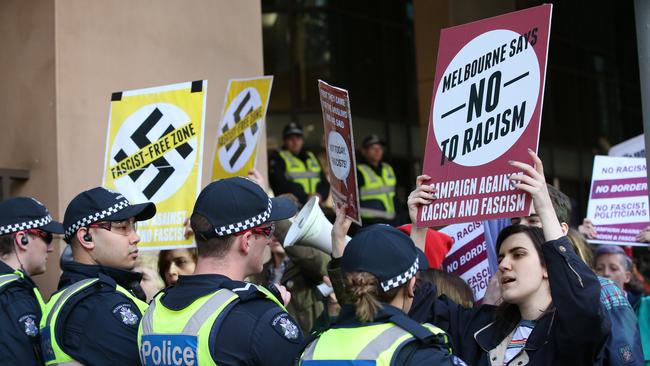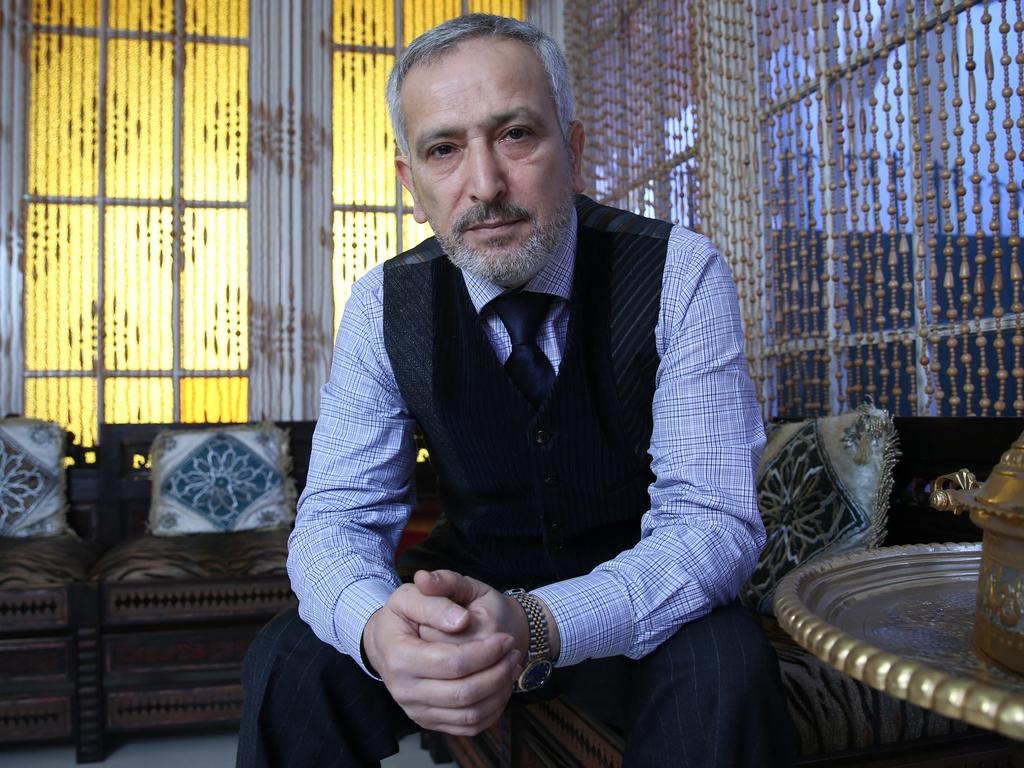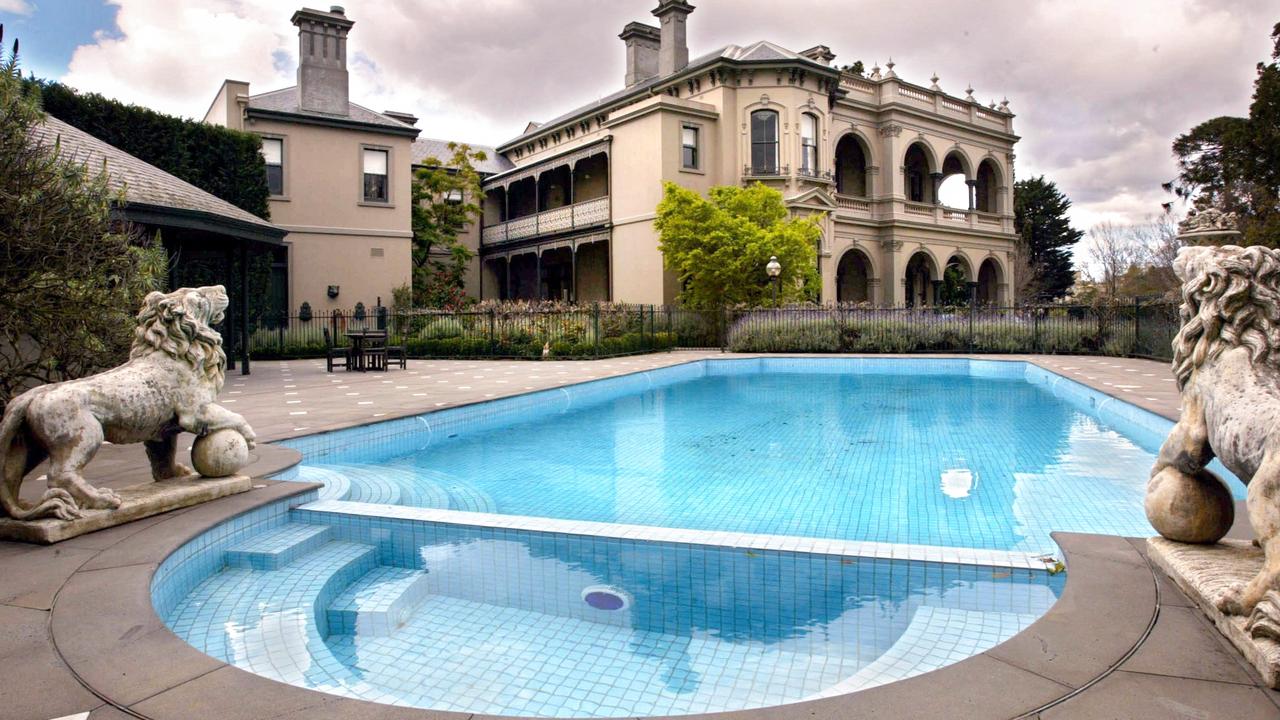Coalition accuses Labor of funding groups giving ‘platform to the incitement of hate’
Organisations giving a platform to figures with controversial views, such as that those killed in the October 7 attack were ‘not innocent’, have received a share of $50m in taxpayer funding.

Organisations giving a platform to figures with controversial views, such as the claim those killed in the October 7 attack were “not innocent”, have received taxpayer funding under an Albanese government program to ensure faith-based places are safe.
The $50m Securing Faith-Based Places Grant Program was bolstered after the October 7 terror attack, allowing religious organisations to invest in security infrastructure to protect against violence motivated by Islamophobia and anti-Semitism, which both skyrocketed after October 7.
Groups that have taken advantage of the program include Christian schools and churches, mosques, synagogues and Holocaust museums.
With Labor’s handling of the Israel-Palestine issue set to be an election issue, the Coalition has slammed the government for providing grants to organisations linked to individuals who praised the October terror attacks.
The grants have also been given to groups linked to people who have made derogatory comments around homosexuality and women’s place in society in the years leading up to the Hamas attack.
One of the organisations includes United Muslims of Australia, established by imam Sheik Shadi Alsuleiman, who has aired controversial views on homosexuality and extramarital sex, and described them as “spreading all these diseases”.
Sheik Alsuleiman was temporarily banned from entering Denmark in 2018 and New Zealand in 2019, though the New Zealand ban on the preacher was overturned after a complaint from the Australian government.
UMA imam Sheik Ibrahim Dadoun has also come under scrutiny for comments following the Hamas terror attack, calling it “a day of courage and happiness”.
“This is the day we’ve been waiting for,” he said last October.
A UMA spokesman said the objective of the organisation “was to bring communities together under shared values with a focus on serving the community in Australia”.
Another organisation that received a grant through the federally funded program was the Australian Islamic House, which has hosted figures including Nassim Abdi to speak at events.
Mr Abdi was recorded in November as saying the 1400 Israelis who died in the Hamas attack were “not innocent” and were “provoking” Palestinians by taking their land.
He said many women shown on the news who died in the attack were wearing “skimpy clothes” and dressed like “Victoria’s Secret models”, later adding it was important to take his comments in the context of his hour-long speech and that he was making a point about the media’s “marketing” of the victims shown.
The AIH has called Israel “modern-day Nazis” in public posts on its Facebook page, while one of its frequent guest speakers, Omar Hussein Agha, has compared Israel to Nazi Germany on multiple occasions.
“Same shit, different name,” Mr Agha said in a post that included an image of the Israel and Nazi flag.
A spokesman for Attorney-General Mark Dreyfus – who announced the latest round of funding for the faith-based places program – said the events of October 7 were “abhorrent and any comments supporting these attacks are wrong and we condemn them”. “The securing faith-based places program helps protect Australians from crime and violence motivated by religious or racial intolerance by funding security guards and security infrastructure, including cameras, lights and fencing,” he said.
Opposition government waste reduction spokesman James Stevens said while it was absolutely necessary for the government to fund heightened security measures for faith-based institutions, it was not appropriate for it to give money to organisations that undermined social cohesion.
“Any organisations that provide a platform for incitement of violence, hate and vilification should not receive taxpayer funding,” he said. “The government should absolutely fund faith groups that, sadly, require heightened security measures due to risks to their safety. It has the same duty not to provide government funding to any organisations contributing to this heightened security risk.”







